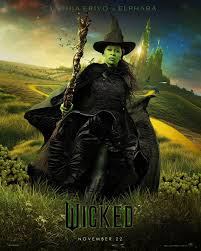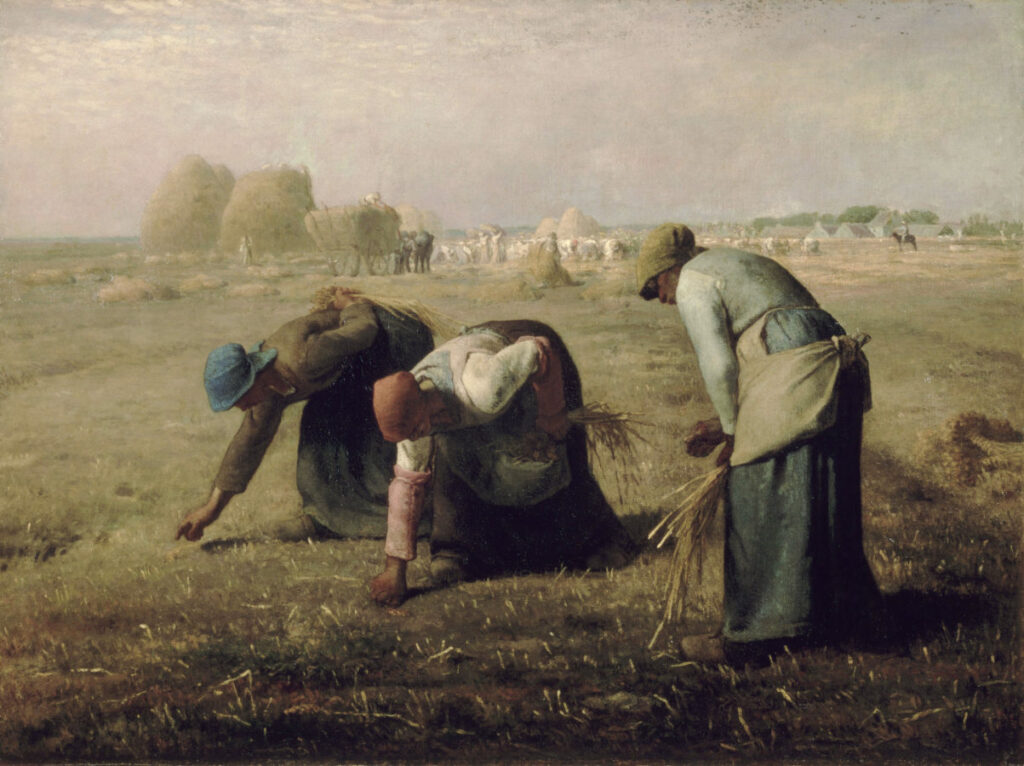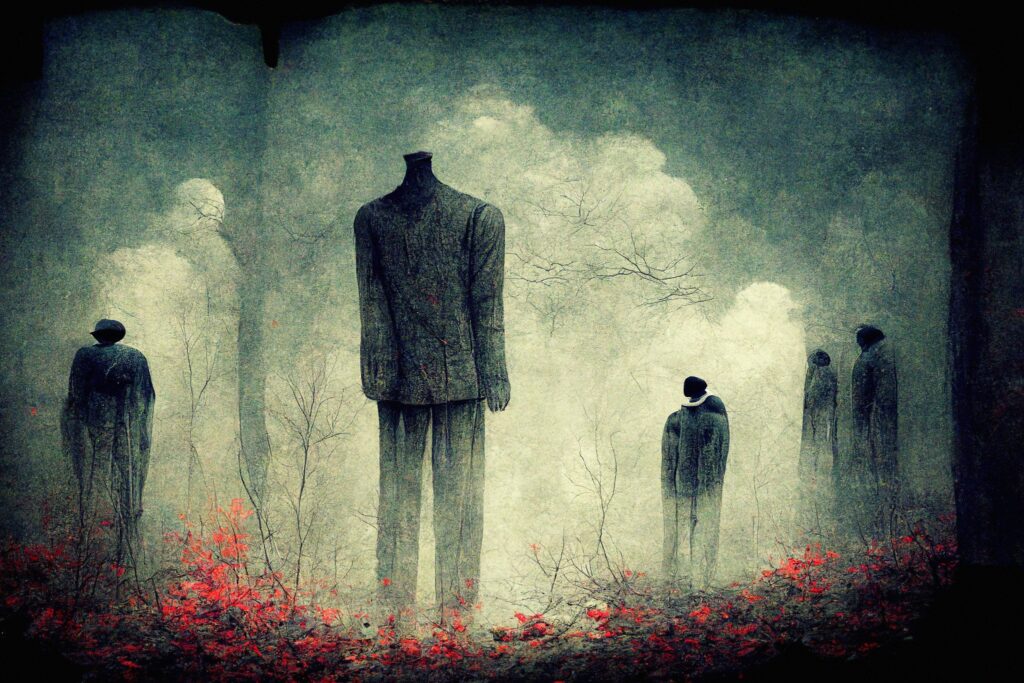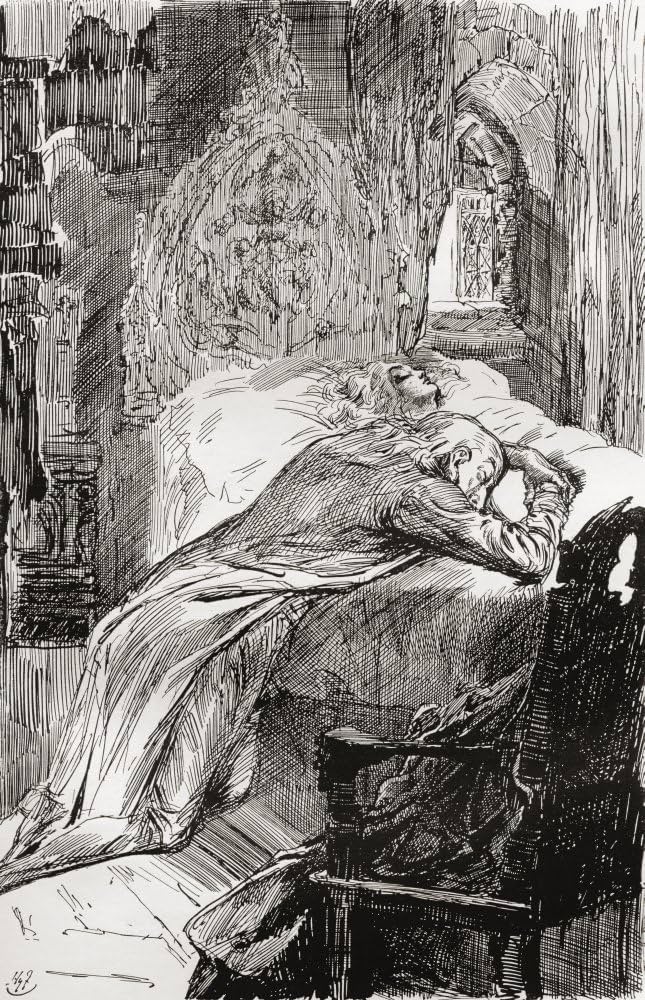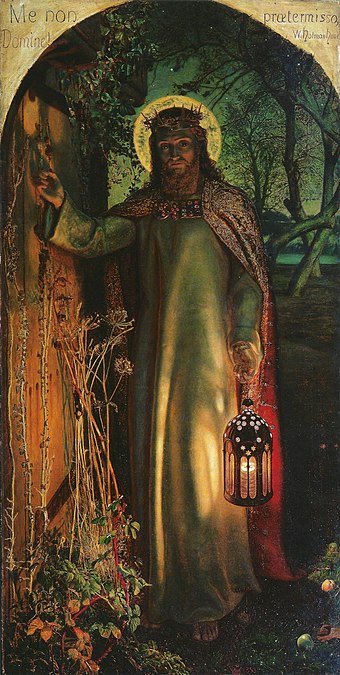Note: If you wish to receive, via e-mail, (1) my weekly newsletter or (2) daily copies of these posts, notify me at [email protected] and indicate which you would like. I promise not to share your e-mail address with anyone. To unsubscribe, send me a follow-up email.
Sunday
Thanks to an extraordinary restoration effort, the Notre Dame cathedral in Paris opened its doors this week for the first time since the catastrophic fire five years ago. Back then I wrote a post on how Victor Hugo saved the cathedral in the 19th century with his novel Notre Dame de Paris, a.k.a. The Hunchback of Notre Dame (1831).
Théophile Gautier, the poet who popularized the cry “art of art’s sake” (“l’art pour l’art”), wrote a paean to the cathedral in the 19th century that captures much of its mystery. While it’s too long to share in its entirety—you can go here to read the whole thing—I have chosen a few of my favorite stanzas.
Gautier begins the poem by telling how, when feeling hemmed in by mundane life—by a world so small and stifling that he feels he can touch the horizon with his finger—he visits the cathedral at sunset. Note how he carries a copy of Hugo’s book when he does so:
Weary of this dead calm where faded in advance,
Like water that falls asleep, our years languish;
Tired of stifling my life in a narrow living room,
With young fools and frivolous women,
Exchanging banal words without profit;
Tired of always touching my horizon with my finger.
To make me whole again and widen my soul,
Your book in my pocket, at the towers of Notre-Dame;
I have often gone, Victor,
At eight o’clock, in summer, when the sun sets,
And its tawny disc, at the edge of the roofs it touches,
Floats like a big golden balloon.
Set against the darkening sky, Notre Dame seems to raise its twin towers to God before falling asleep:
As, for its good evening, in a richer hue,
The day that flees covers the holy cathedral,
Outlined in broad strokes on the fiery horizon;
And the twin towers, these stone canticles,
Seem like the two great arms that the city in prayer,
Before falling asleep, raises towards its God.
The cathedral’s famous flying buttresses Gautier accurately compares to a crab or a spider:
The blossoming nave, between its thin ribs,
Seems like a giant crab moving its claws,
An enormous spider, like networks,
Throwing to the front of the towers, to the black side of the walls,
In aerial threads, in delicate meshes,
Its tulles of granite, its lacework of arches.
Meanwhile, the stained stained-glass window, lit up by the setting sun, suddenly blooms like “a hundred magical flowerbeds”:
In the lead diamonds of the diaphanous stained glass window,
Fresher than the gardens of Alcine or Morgane,
Under a warm kiss of sun,
Strangely populated by heraldic monsters,
Suddenly a hundred magical flowerbeds bloom
With azure and vermilion flowers.
And then there are stone statues and stone carvings of gargoyles, dragons, basilisks, and other fantastical creatures, along with “myriads of saints”:
Mastiffs howling at the end of the gutters; tarasques,
Wurms and basilisks, dragons and fanciful dwarves,
Knights conquering giants,
Bundles of heavy pillars, sheaves of columns,
Myriads of saints rolled into collars,
Around the three gaping porches.
Lancets, pendants, warheads, slender clovers
Where the crazy arabesque hangs its lace
And its goldwork, crafted with great labor;
Gables with open holes, jagged spiers,
Needles of crows and angels surmounted,
The cathedral shines like an enamel jewel!
In the second part of the poem, Gautier recounts ascending the dark and narrow winding staircase to the top of one of the towers, something I have done five or six times in my life. Coming out of darkness into the blue, Gautier reports experiencing a “sublime vertigo.” He’s not the only poet to have had this reaction. In a poem comparing mounting the stairs to France groping through dark times, English poet Daniel Gabriel Rossetti writes,
As one who, groping in a narrow stair,
Hath a strong sound of bells upon his ears,
Which, being at a distance off, appears
Quite close to him because of the pent air:
So with this France. She stumbles file and square
Darkling and without space for breath…
Here’s Gautier:
But what is this? when in the shadows you
Follow the slender staircase with countless spirals
And you finally see the blue again,
The void above and below the abyss,
A fear seizes you, a sublime vertigo
As you feel so close to God!
As under the bird that perches there, a branch
Under your feet that it flees, the tower quivers and leans,
The drunken sky totters and waltzes around you;
The abyss opens its mouth, and the spirit of vertigo,
Lashing you with its wing in sneering acrobatics
And makes the guardrails tremble at the front of the towers…
Gautier looks down at Paris from the high perch—the poem predates the Eiffel Tower and so is the highest building around—and says it is like seeing the core of a volcano:
Oh ! your heart beats, dominating from this peak,
Self, puny and small, a city thus made;
To be able, with a single glance, to embrace this great whole,
Standing up there, closer to the sky than to the earth,
Like the gliding eagle, seeing within the crater,
Far, far away, the smoke and the lava which is boiling!
Although the city is far away, still it’s a glorious sight. Remember, he’s seeing all of this at sunset:
How big it is! how beautiful ! the frail chimneys,
With their smoky turbans crowned at all times,
On the saffron sky trace their black profiles,
And the oblique light, with bold edges,
Throwing rich fires on all sides
In the mirror of the river enshrines a hundred mirrors.
As in a joyous ball, a young girl’s breast,
In the light of the torches lights up and sparkles
Under the jewels and finery;
In the light of the sunset, the water lights up, and the Seine
Cradles more jewels, certainly, than the queen ever
wears on her collar on great days.
The poet shifts in the third and final part, however. Beautiful though Paris is, it doesn’t compare with the cathedral. In fact, everything “sags and dies” when Gautier descends:
And yet, as beautiful as it is, O Notre-Dame,
Paris thus dressed in its robe of flame,
It is only so from the top of your towers.
When we go down, everything metamorphoses,
Everything sags and dies, nothing grandiose anymore,
Nothing left, except you, whom we always admire.
The poem concludes with Gautier lambasting Paris’s architectural taste. Like the British Pre-Raphaelites, he prefers medieval gothic (“Dantesque dress”) to Greek classical and other more recent architectural movements, finding it to be more spiritual. In his punchy final stanza, he goes so far as to say that Notre Dame surrounded by these “profane porticos,” “coquettish parthenons,” and “courtesan churches” is like “a chaste matron in the middle of whores!”
Who could prefer, in his pedantic taste,
To the serious and straight folds of your Dantesque dress,
These poor Greek orders which are dying of cold,
These bastard pantheons, copied in the school,
Antique thrift store borrowed from Vignole,
And, none of which outside can’t stand up straight.
O you! masons of the century, atheist architects,
Brains, thrown into a uniform mold,
People of the ruler and the compass;
Build boudoirs for stockbrokers,
And plaster huts for men of mire;
But houses for God, no!
Among the new palaces, the profane porticos,
The coquettish parthenons, courtesan churches,
With their Greek pediments on their Latin pillars,
The shameless houses of the pagan city;
It seems, to see you, Our Christian Lady,
A chaste matron in the middle of whores!
It was in this spirit that the cathedral was restored, often with materials that were the same as those destroyed and with original tools as well. Gautier could well have been pleased with the results.

